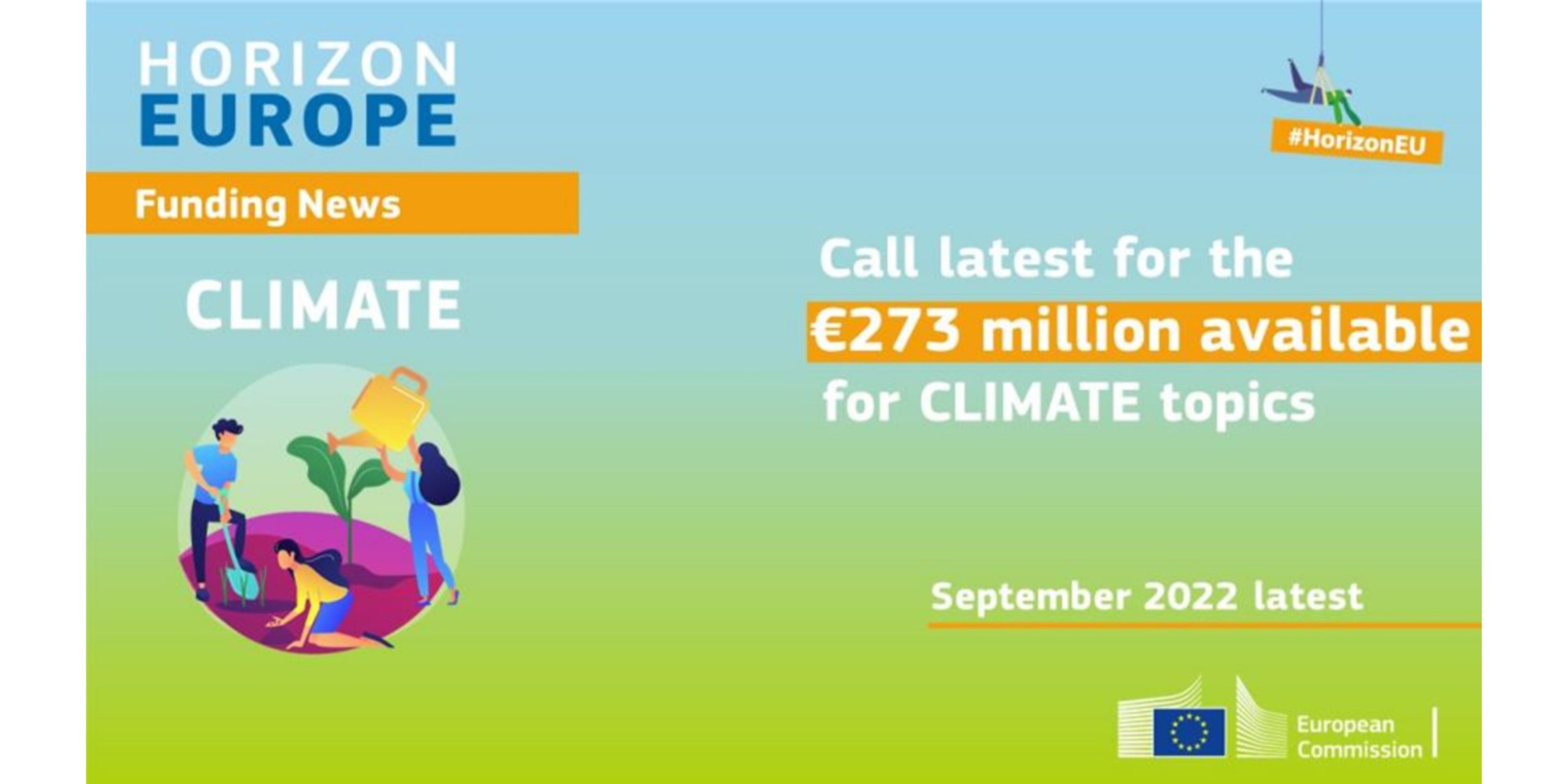The agency received 106 proposals for the most recent Horizon Europe calls launched under Work Programme for 2021-2022: Cluster 5 – Destination 1 – Climate sciences and responses for the transformation towards climate neutrality (second stage), and Missions Work Programme 2021-2022: Mission Adaptation to Climate Change and Mission Restore our Ocean and Waters.
The first largest call was HORIZON-MISS-2022-CLIMA-01 under Horizon Europe Mission Adaptation to Climate Change with a EU funding of EUR 115 million to be distributed through six topics. A total of 49 proposals were submitted to this call. The second largest was HORIZON-MISS-2022-OCEAN-01 with a budget of EUR 106 and a total of 44 proposals submitted competing under 10 topics. Both calls were launched last Spring.
With a budget of EUR 51 million and three topics, the second stage call HORIZON-CL5-2022-D1-01-two-stage Climate sciences and responses received a total of 13 proposals.
The evaluation process of these calls is expected to be concluded by December 2022.
Background information
Horizon Europe is the EU framework programme for research and innovation, which succeeds Horizon 2020.
Under Horizon Europe, Energy, Climate Action, and Mobility research actions are grouped into Cluster 5.
Within the clusters of pillar II, it incorporates research and innovation Missions to increase the effectiveness of funding by pursuing clearly defined targets with a concrete impact on citizen’s daily lives.
EU missions are an integral part of the Horizon Europe framework programme.
Each mission will operate as a portfolio of actions and will contribute to the goals of the European Green Deal, Europe’s Beating Cancer Plan as well as the Sustainable Development Goals.
The European Climate, Infrastructure and Environment Executive Agency (CINEA) is managing and implementing three of the five missions under the Horizon Europe framework programme.
These missions are: Adaptation to Climate Change, Restore our Ocean and Waters by 2030 and 100 Climate-Neutral and Smart cities by 2030.
Source: European Commission I CINEA (https://bit.ly/3TP3owX)
